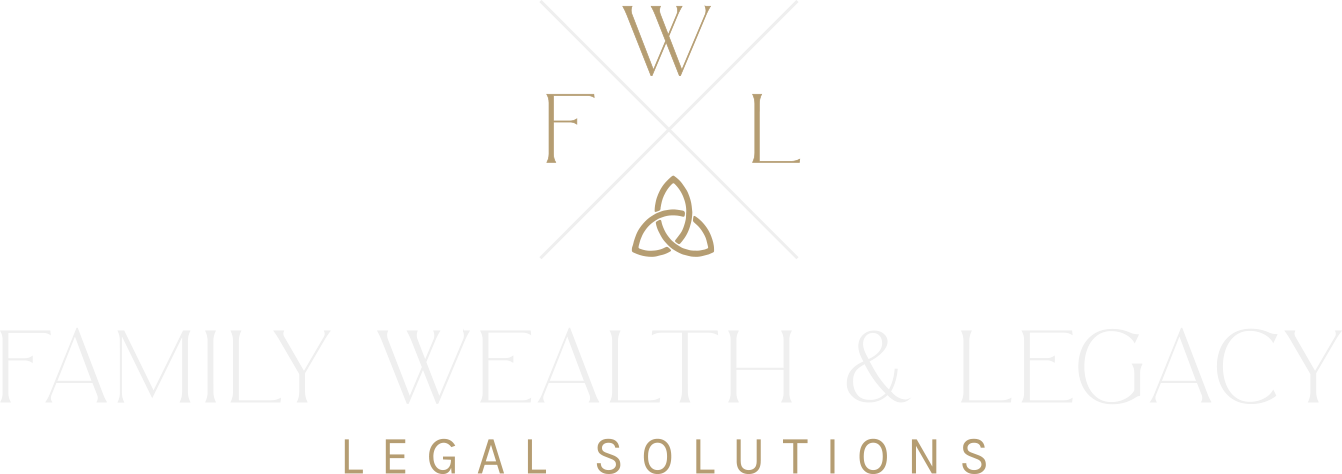Selecting an executor for your estate is one of the most important decisions you’ll make when planning for the future. This person will be responsible for managing your estate, ensuring your final wishes are carried out, and navigating the legal complexities of probate. While many people name a close relative or trusted friend, it’s essential to consider whether that person is truly prepared for the task. As a Downers Grove probate lawyer, I often help clients weigh their options and choose an executor who can handle the responsibilities efficiently and fairly.
The Unexpected Burden of Estate Administration
Many people underestimate how challenging the executor’s role can be. Consider the story of Greg Kern, as reported in The Wall Street Journal. Kern, a systems engineer, stepped in to handle his father-in-law’s estate, which included a house, multiple financial accounts, and personal property. The process required over 200 hours of work and led to family disputes—particularly when one family member resisted moving out of the house that was designated for sale. Kern was unprepared for the emotional strain and administrative burden, remarking, “I didn’t know what I was in for.” This story is a cautionary tale for anyone choosing an executor. The role often involves complex paperwork, family tensions, and legal hurdles. Without the right guidance, even well-meaning executors can find themselves overwhelmed. That’s why selecting a capable, organized, and impartial person—or even considering a professional fiduciary—can make all the difference.Key Responsibilities of an Executor
An executor’s duties extend far beyond simply distributing assets. They include:-
- Navigating the Probate Process: Submitting the will to court and ensuring it is legally recognized.
-
- Managing Estate Assets: Collecting bank accounts, real estate, investments, and personal belongings.
-
- Paying Debts and Taxes: Notifying creditors, settling outstanding bills, and filing final tax returns.
-
- Distributing Inheritances: Ensuring that heirs receive their rightful shares according to the will.
-
- Handling Legal and Financial Complexities: Addressing any disputes among beneficiaries and working with attorneys or financial professionals when necessary.
What to Look for When Choosing an Executor
1. Organizational Skills and Attention to Detail
The probate process can take months—or even years—depending on the estate’s complexity. An executor must be highly organized, able to keep track of deadlines, and diligent in handling paperwork.2. Financial Responsibility
Since an executor manages estate funds and pays off debts, they should have a strong sense of financial responsibility. Ideally, they should have experience handling money wisely in their own life.3. Ability to Handle Conflict
Family disagreements over inheritance are common. If one heir believes they are being treated unfairly, tensions can arise. Your executor should be diplomatic and level-headed, capable of handling disputes with fairness and professionalism.4. Availability and Commitment
Serving as an executor requires a significant time commitment. If your chosen executor is busy with work, family, or other obligations, they may struggle to dedicate the necessary attention to your estate.5. Experience with Legal and Financial Matters (or Willingness to Seek Help)
While your executor doesn’t need to be an attorney or accountant, it helps if they understand the basics of estate management. If they lack expertise, they should be willing to consult with a Downers Grove probate lawyer or other professionals to ensure they fulfill their duties properly.When to Consider a Professional Executor
Sometimes, family members aren’t the best choice for the role. If your estate is particularly complex, or if there is potential for family conflict, a corporate fiduciary (such as a bank or trust company) may be a better option. These professionals ensure impartiality and have the experience needed to handle estates efficiently. However, they do charge fees—typically based on a percentage of the estate’s value.What Happens If No Executor Is Named?
If no executor is named in your will—or if the named executor declines the role—the court will appoint an administrator. This can lead to unnecessary delays, added costs, and potential disputes among family members. In cases where no will exists, the process becomes even more complicated, as seen in the case of Pat Kayajanian, whose stepdaughter had to navigate a two-year legal battle just to settle the estate. To avoid such complications, it’s crucial to choose an executor in advance and confirm they are willing to accept the role. Additionally, reviewing and updating your estate plan periodically ensures that your chosen executor remains the best fit.How a Downers Grove, IL Probate Lawyer Can Help
Selecting an executor is an important decision, and it’s not one you have to make alone. An experienced probate lawyer in Downers Grove can guide you through the process, helping you:-
- Understand the role and responsibilities of an executor.
-
- Choose the right person based on your estate’s unique needs.
-
- Consider professional fiduciary options if needed.
-
- Ensure that your Will and estate plan are structured to minimize potential conflicts and delays.


